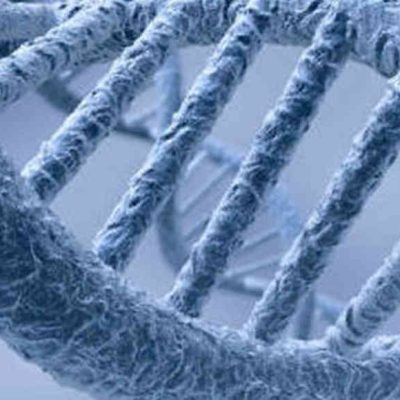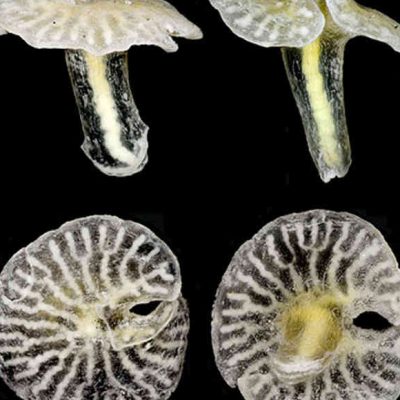Science Shop
Advertisement
10,000-Year-Old Woolly Rhino Baby Discovered
- By Rolf Lewis
- . March 29, 2015
In the frigid Siberian tundra, Russian researchers have made a remarkable discovery: the remains of a baby woolly rhinoceros. This find is particularly significant as

Mites as stowaways on planes.
- By Rolf Lewis
- . March 19, 2015
Millions of people travel by air for business or leisure, but they are not the only passengers on board. Scientists have discovered that mites are

Non-human genes found in DNA.
- By Geert Devenster
- . March 17, 2015
In a groundbreaking discovery, British researchers have found that some of our genes are not entirely human. Instead, they originate from microorganisms and were transferred

Mehrzeller evolved 60 million years earlier
- By Rolf Lewis
- . December 10, 2014
New Fossil Discoveries in Southern China Reveal Complex Life Forms Existed 60 Million Years Earlier Than Previously Thought In a groundbreaking discovery, geobiologist Professor Shuhai

Sahara Desert Older Than Thought
- By Geert Devenster
- . September 29, 2014
The Sahara desert is the largest sand desert on Earth, covering an approximate area of 9.4 million square kilometers. Recently, scientists from the Bjerknes Centre

The Uniqueness of Human Faces
- By Rolf Lewis
- . September 25, 2014
The Uniqueness of the Human Face: A Study by Michael Sheehan The human face has remained unique since the time of the Neanderthals, according to

Teaching Fish to Walk: Biologists’ Experiment
- By Rolf Lewis
- . September 9, 2014
In a groundbreaking experiment, biologists at the University of Ottawa have successfully raised Polypterus fish, also known as bichirs or ropefish, on land for eight

Mystery of Deep-Sea Species
- By Rolf Lewis
- . September 8, 2014
Mysterious Mushroom-Shaped Creatures Found in Deep Sea In a recent discovery, researchers have found two pilzförmige (mushroom-shaped) creatures in the deep sea that cannot be

Four-winged Dinosaurs
- By Rolf Lewis
- . September 1, 2014
In China, paleontologists have discovered the largest dinosaur with four wings to date. The dinosaur, named Changyuraptor, has the longest tail feathers of all known

Dogs Steal Food in Darkness
- By Rolf Lewis
- . June 1, 2013
Dogs are known for their obedience and ability to follow commands, but a recent study conducted by scientists from the Max Planck Institute for Evolutionary









